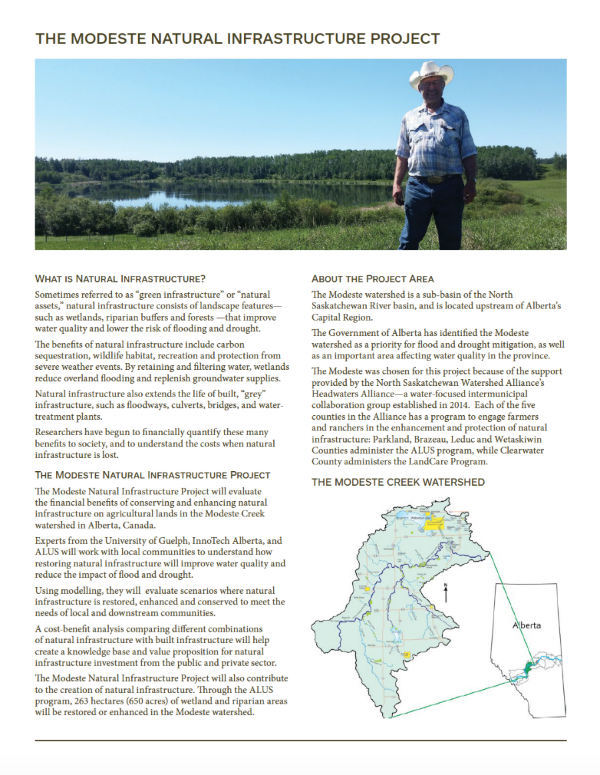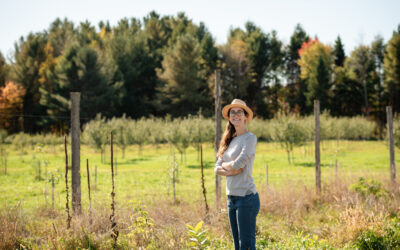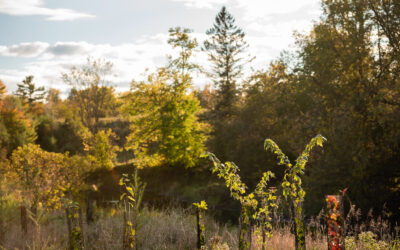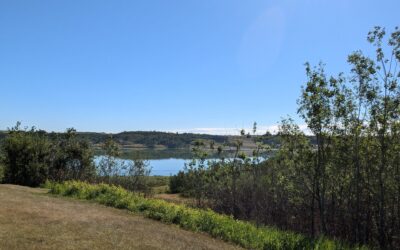Work is on track for the Modeste Natural Infrastructure Project, whose first annual meeting was held in Edmonton February 5, 2019.
On February 5, 2019, ALUS Canada attended the first annual partner meeting for the Modeste Natural Infrastructure Project, an important Alberta-based initiative we announced in May of 2018.
The Modeste Natural Infrastructure Project will evaluate the financial benefits of conserving and enhancing natural infrastructure on agricultural lands in the Modeste Creek watershed in Alberta.
It will also help restore and enhance 650 acres of wetland and riparian areas in Wetaskiwin, Leduc, Parkland and Brazeau Counties, through the ALUS program. For detailed information on the Modeste Natural Infrastructure Project, click here.
The first annual meeting, which was held at the Alberta Innovates offices in Edmonton, brought together all project partners—ALUS Canada, University of Guelph, Innotech Alberta, North Saskatchewan Watershed Alliance (NSWA) and Parkland County.
Work is on track, both in terms of the research component and the on-the-ground restoration and enhancement work being overseen by Christine Campbell, ALUS Canada’s western hub manager.
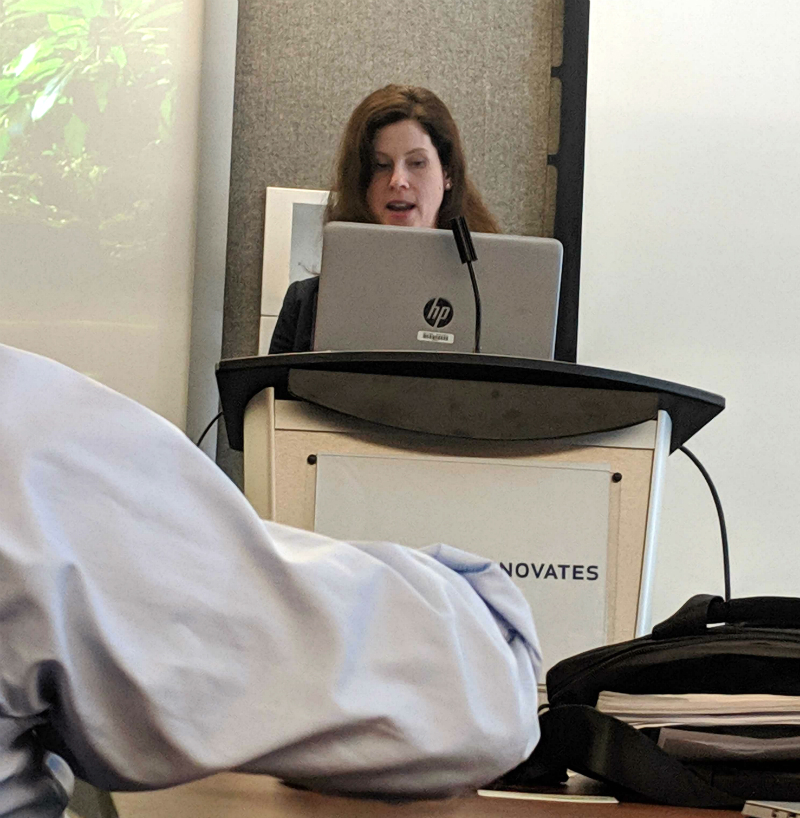
At the first annual partner meeting for the Modeste Natural Infrastructure Project, held in Edmonton in February 2019, Lara Ellis (Vice-President, Policy and Partnerships at ALUS Canada) outlined how this Project is one component of a strategy to increase support for natural solutions on agricultural lands in Canada.
Following the meeting, Innotech Alberta and NSWA organized a half-day workshop to showcase the Modeste project research as well as other research taking place in the North Saskatchewan watershed.
Mary Ellen Shain of the NSWA gave opening remarks that included the important role of municipalities in setting watershed goals and meeting water-related objectives.
ALUS Canada’s Lara Ellis spoke about opportunities to save tax dollars and achieve many environmental and social benefits by investing in natural infrastructure to mitigate flood and drought and to improve water quality.
The workshop featured a series of “lightning talks” from the Government of Alberta, EPCOR, the University of Alberta, and two project partners, the University of Guelph and Innotech Alberta.
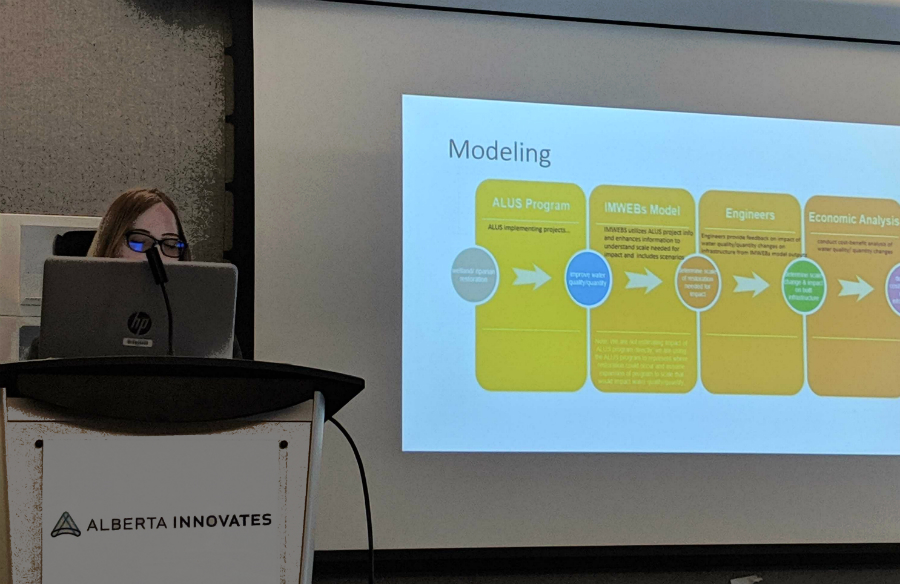
During the workshop portion of the event, Diana Staley (Economic Researcher, Innotech Alberta) explained how experts from the University of Guelph and InnoTech Alberta will use scientific modelling as part of the Modeste Natural Infrastructure Project, to evaluate how natural infrastructure can help improve water quality and reduce flood impacts.
These very short presentations touched engagingly on new efforts in water-quality monitoring, watershed integrity, the impacts of climate change on water supply, risks to drinking-water infrastructure, the evaluation of ecosystem services resulting from restoration work, and the costs and benefits of natural infrastructure.
The workshop concluded with a discussion of future policy priorities and research needs, and insights on how to collaborate to ensure the best use of research and resources.
ALUS Canada left the meeting with renewed enthusiasm for the Modeste Natural Infrastructure Project, knowing that it will have a significant impact in developing a better understanding of the importance of natural infrastructure for all Canadians.
An information sheet about the Modeste project is available here:
